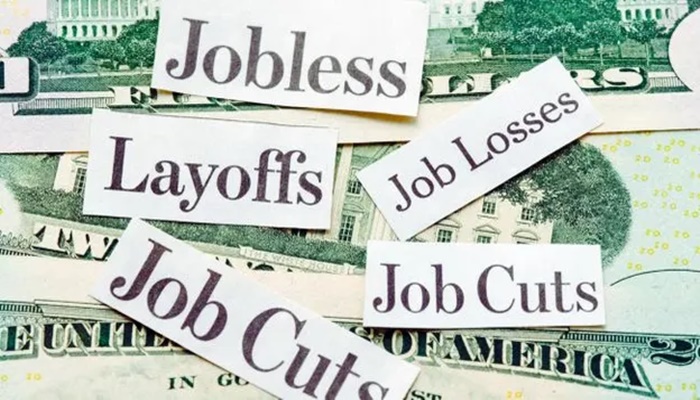A year 4 NUS (National University of Singapore) student graduating in May 2026 took to Reddit to reveal a heart-wrenching plea that reflects the quiet crisis many fresh grads are too proud to speak about.
“I was born into a poor family that is still hundreds of thousands of dollars in debt to this day,” she wrote, detailing a childhood void of holidays, filled instead with abuse, trauma, and what she describes as “perverted” behaviour from her own family members—including being watched in the shower and beaten to the point of hospitalisation.
Luckily, the kindness of others during her university years allowed her to escape her abusive family and secure herself in a hostel for four years. But now that she doesn’t receive any financial support from her family while her graduation is looming, the harshest question remains: What’s next?
“I need a job urgently, as I need to pay rent when I graduate…”
Her post is no sob story without substance. This survivor of family violence clocked seven internships—including one at a top-tier firm with a salary that outstripped her household income.
Yet despite that, “I did not receive a return offer from my summer company,” she said. And her job search has so far hit a dead end.
Her asking salary isn’t unreasonable, either: “My salary expectations are very realistic (around S$4K),” she added, “I need a job urgently, as I need to pay rent when I graduate, and my savings are quickly drying up.”
Government schemes such as the GRIT (GRaduate Industry Traineeships), according to her, only offer S$1.8K—barely enough for rent, let alone groceries or stability.
“Even if the pay is too low, accept it for the time being and continue searching…”
Singaporeans were quick to reassure her. One said, “You’ve worked hard; it’s more about luck for you at this point. Don’t be too hard on yourself. NUS has a lot of research assistant positions for grads. Try applying to those as well. Just keep applying, it’s a numbers game. Even if the pay is too low, accept it for the time being and continue searching. You can always quit once you find something that pays better.”
“Finding a job is simply a matter of time,” another reassured, but one local warned: “Don’t let your first salary be too low—it defines your financial starting point.”
One commenter painted the bigger picture: “Companies are still confused by the AI transition… but YOU are the generation where gig economy and self-driven entrepreneurship are booming.”
“You’ve met your share of hardship, faced it with grit and succeeded…”
Despite everything—abuse, poverty, and now economic headwinds—this NUS student is far from broken.
“You’ve met your share of hardship, faced it with grit and succeeded,” an employer commented. “As a hirer, I appreciate these qualities.”
And that’s the takeaway here. She may be a poor grad today, but she’s already rich in grit, resilience, and something recruiters can’t manufacture in someone: A raw, lived experience.
So in an economy that feels cold and algorithms that don’t see pain, it’s stories like hers that remind us—sometimes, the most employable trait is surviving what others couldn’t.




















